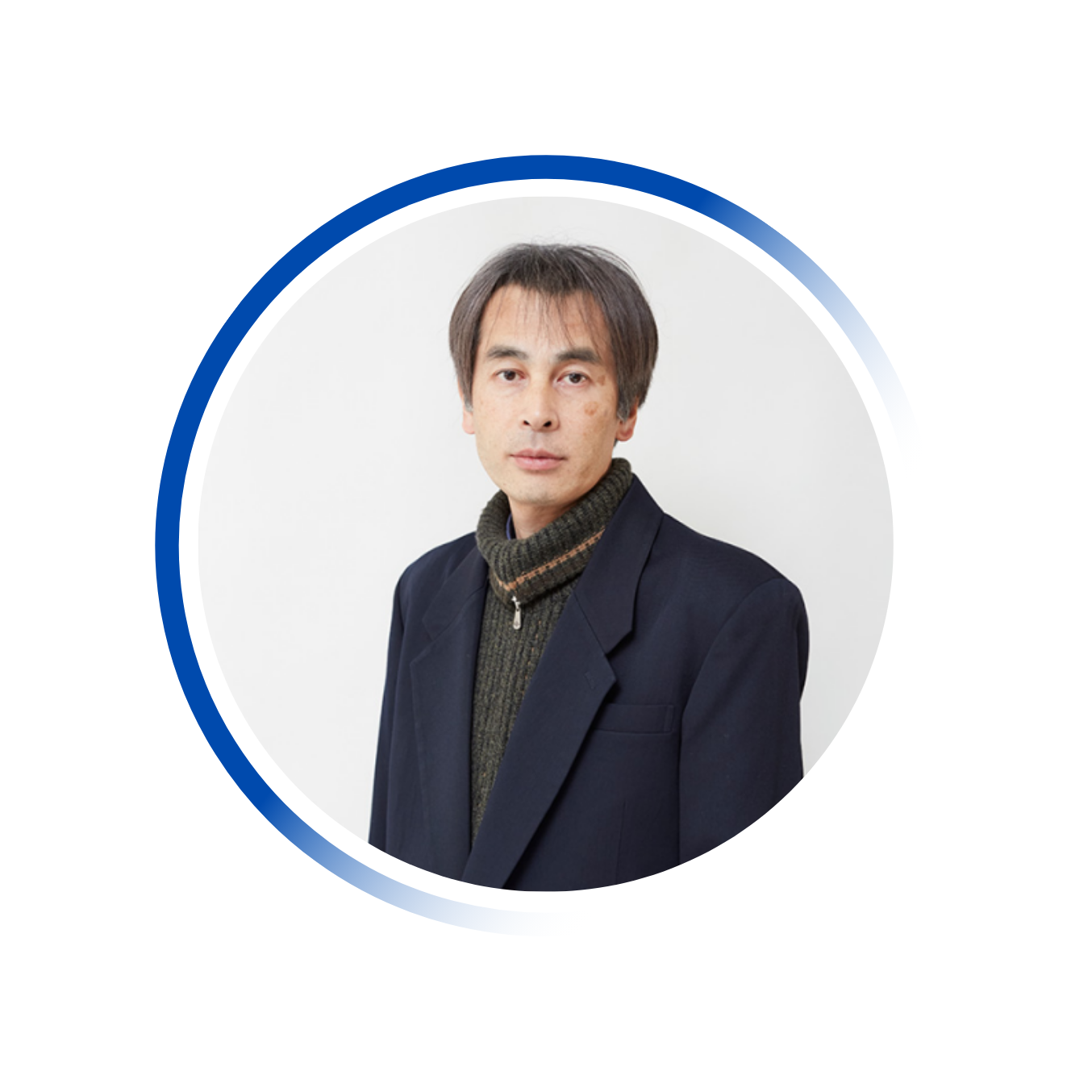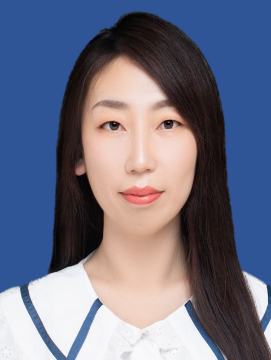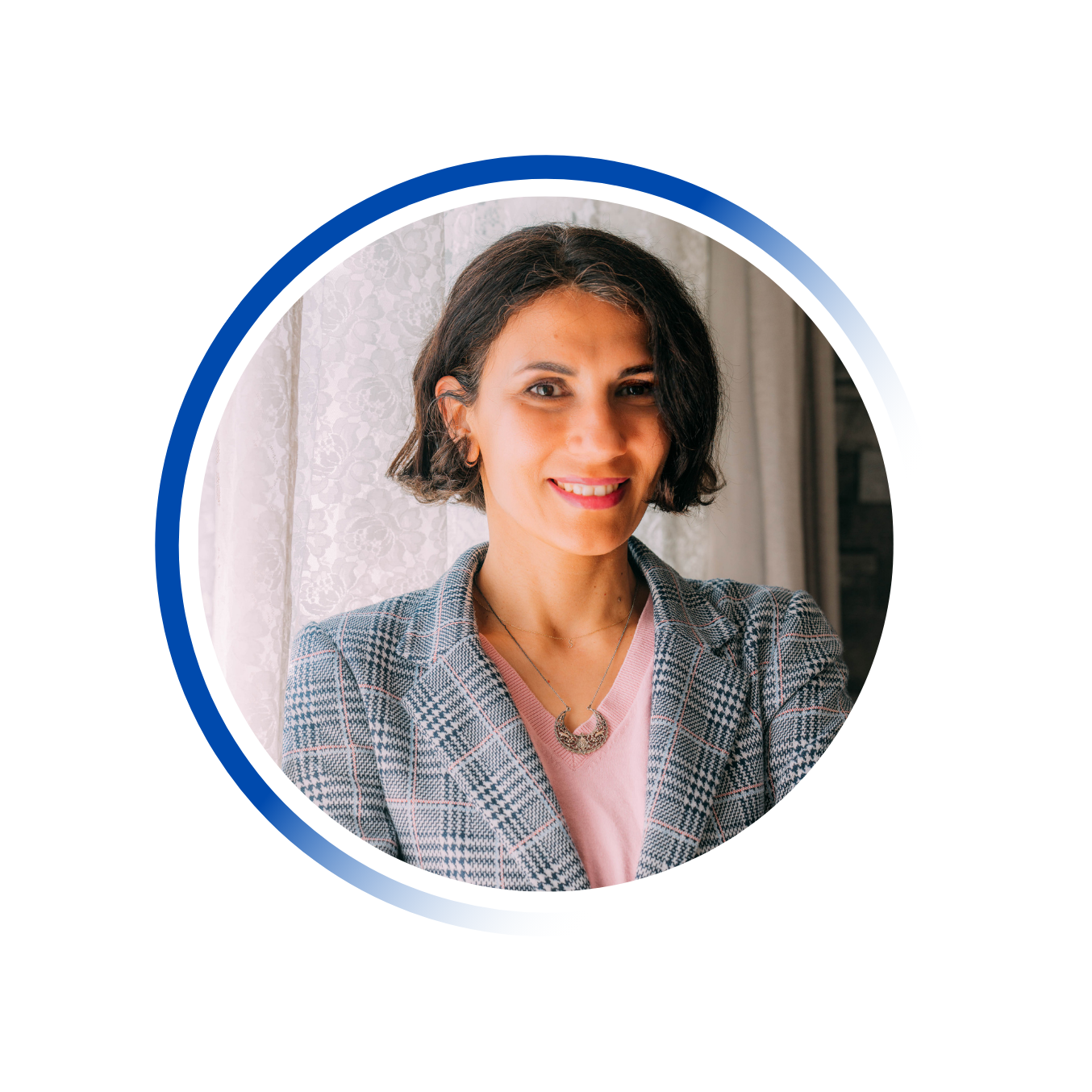Dr. Rewa Wright is a Senior Lecturer in Creative Practice (Film, Screen & Animation) at Queensland University of Technology (QUT) in Australia. Renowned for her innovative work at the intersection of computational arts, real-time animation, and artificial intelligence, she has made significant contributions that intersect media arts and technology. Dr. Wright has presented at prestigious A+ conferences, including SIGGRAPH 2023 in Los Angeles and SIGGRAPH Asia 2023 in Sydney. Her research has garnered substantial funding, including a Creative Australia Grant with the ISEA2024 Steering Committee and a large Australian Research Council grant in the Industrial Transformation Hub advancing ‘Connected Sensors for Health’.
Dr. Wright's recent work explores the applications of Artificial Intelligence and Large Language Models (LLM) in creative practices, investigating how these technologies can enhance artistic expression and engage audiences in novel ways. Notably, she served as Chair of the IEEE Visual Arts Program in 2024, guiding discussions on the future of data visualisation and human-machine creativity. She has published top-tier papers in the ACM Digital Library, showcasing her expertise and thought leadership in digital media.

Prof. Noriki Amano
Dean, Department of Information and Data Science
Notre Dame Seishin University, Japan
Dr. Amano is a full professor and heads the Department of Information and Data Science at Notre Dame Seishin University (NDSU)—one of the famous universities in the Chugoku area in Japan. Before joining NDSU in 2024, Dr. Amano was a professor at Saitama University and Mukogawa Women's University and is best known for his work on wearable music, live coding performance for stage lights and audio devices, glitch art and music, etc. Dr. Amano earned a Ph.D in computer science in 1999 from Japan Advanced Science and Technology (JAIST) and has published papers in many areas of computer science, including programming languages, middleware, educational technology, entertainment computing, and media art. He had also worked for two IT companies and developed many systems, including a word processor system. He is a member of the Association for Computing Machinery.
Title: Live Coding as Performance Art: Beyond Programming
Abstract: In recent years, the term "live coding" has been seen in the context of music and performance art. Live coding events such as MUTEK and Algorave are so popular that tickets sell out immediately. What is live coding?
In this short talk, the speaker will introduce the history of live coding and its current situation, and discuss its significance and potential. Currently, live coding as a performance art is mainly musical improvisation and real-time image generation, but it has the potential to become a tool for creating new performance art in the future. What kind of performance art will live coding enable? The speaker started out studying programming languages as a researcher and is currently developing multiple live coding systems and performing unique performances. From the perspective of such a practitioner, the speaker will talk about the appeal of live coding as a performance art and its outlook for the future.

Assoc. Prof. Wei Zhang
Director TESL Certificate, Director, Certificate in Linguistic Studies, Director, English Language Institute
The University of Akron, US
Wei Zhang, Ph.D., M.Ed., is an Associate Professor of Linguistics and TESOL at the Department of English, The University of Akron, Akron, Ohio, USA, where she teaches graduate and undergraduate courses in linguistics, second language acquisition, and language teaching methodology. She is also the Director of The English Language Institute and directs the TESL Certificate and Linguistics Certificate programs. Between 2012-2023, she served as PI and Co-PI of million-dollar federal grants to train U.S. public school teachers with a TESOL Endorsement. Her primary research interests are in the areas of academic English development of second language learners, TESOL teacher training, TESOL program design, second language phonological acquisition, speech perception, and acoustic phonetics. She is also interested in Chinese phonology and home language maintenance in the United States.
Title: Teaching ELA Educators and English Majors to Analyze Poetry Using Systemic Functional Linguistics
Abstract: Poetry is a literary genre found in K-12 English language arts curricula and commonly taught to English majors at college. Its unique linguistic and rhetorical features bring out rich and highly condensed meaning that goes beyond the literal meaning of a poem. Systemic Functional Linguistics (SFL) proposed by linguistic M.A.K. Halliday offers a set of linguistic tools for the exploration of both the surface and deep meanings of poems. SFL examines a poem’s graphology (layout), sound system (rhyme and rhythm), rhetorical organization (poetic form and rhetorical organization), cohesion devices (word choice), and how they construct and condense meaning. It also reconstructs the lines of a poem into clauses to examine the experiential meaning, interpersonal meaning, and textual meaning of the poem. The experiential meaning is expressed through participants (human and/or non-human actors), processes (doing, being, sensing, and saying, circumstances (adverbials), and conjunctions; the interpersonal meaning through mood (declarative, interrogative, or imperative) and modality (the use and choice of modal verbs); and the textual meaning through the explicit identification and tracking of the Theme, or the departure point of each clause. In this presentation, sample poems are used to illustrate the SFL tools and how they are used to unpack the surface and deep meanings of poems for K-12 English language arts teachers and English majors.






